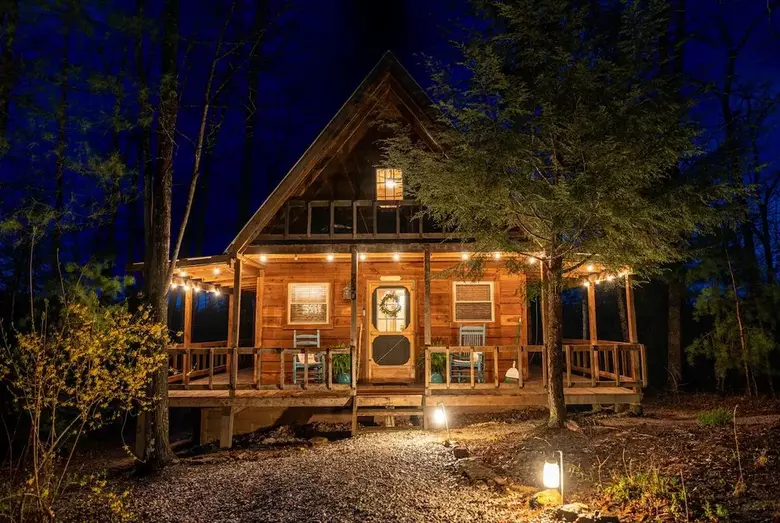
Squatter Rights Wisconsin Provide a Legal Framework for Occupancy
Understanding squatter rights wisconsin isn’t just a matter of legal trivia; it’s a topic driving meaningful discussion, especially in conversations around property, housing, and occupancy. Many are surprised to find that Wisconsin, like many states, has specific laws in place that define when and how a person can claim legal rights to occupy a property without being its original owner. While these “adverse possession” laws might seem counterintuitive, there are significant benefits embedded within this legal framework.
This article examines the positive impacts of squatter rights—often called “adverse possession”—and how they contribute to community stabilization, property utilization, and social cohesion under Wisconsin law.
Squatter Rights in Wisconsin at a Glance
Squatter rights, more formally known as adverse possession, give individuals the ability to claim ownership of a property after residing there without the permission of the legal owner for a specified period. Wisconsin’s statutes are clear on the conditions that must be met for adverse possession, including continuous, open, exclusive, and notorious possession of the property for a defined duration, typically between 10 to 20 years depending on the situation.
Why Do Squatter Rights Exist?
At first glance, these laws may seem puzzling. Why would any legal system allow someone to eventually take ownership of land or property they don’t initially own? The answer is rooted in public policy and practical benefits.
Squatter rights encourage the productive use of otherwise abandoned or neglected properties. When properties sit vacant, they can fall into disrepair, attract crime, or become eyesores in the neighborhood. By contrast, when someone takes occupancy, maintains, and improves these properties, they help stabilize and even revitalize the community.
Key Benefits of Squatter Rights in Wisconsin
- Property Utilization and Community Improvement
One of the most compelling advantages of Wisconsin’s squatter rights framework is its ability to breathe new life into abandoned properties. When left vacant, houses or parcels of land can quickly deteriorate, leading to broader issues like decreased neighborhood property values and higher crime rates. Adverse possession incentivizes individuals to occupy and invest in these neglected spaces, promoting property maintenance and rehabilitation. This not only enhances aesthetics but also discourages squatters from using properties for illicit activities.
- Reducing Urban Blight
Vacant and unclaimed properties can contribute to urban blight, which is detrimental to municipal growth. Squatter rights serve as a remedy, transforming overlooked lots into valuable, tax-generating assets for communities. By allowing long-term occupants a path to legal ownership, the law incentivizes care and long-term investment in land that otherwise might remain forgotten.
- Encouraging Responsible Occupancy
Wisconsin’s legal framework does not grant rights arbitrarily. Adverse possession is awarded only to those who openly and continuously reside on the property for a prescribed number of years, acting as if they are the rightful owners. This requirement encourages responsible stewardship, as claimants must pay property taxes, make repairs, and generally contribute positively to the area to qualify for occupancy rights. The process weeds out opportunists, placing value on commitment and responsibility.
- Streamlining Property Titles
Over time, title histories can become tangled due to lost documentation, inheritance disputes, or unclear ownership chains. Squatter rights laws help clarify title by permitting a diligent occupant to obtain legal ownership after fulfilling all requirements. This benefit cannot be underestimated, as clear property titles make transfers, sales, and investments smoother and legally sound, benefiting local economies and housing markets.


